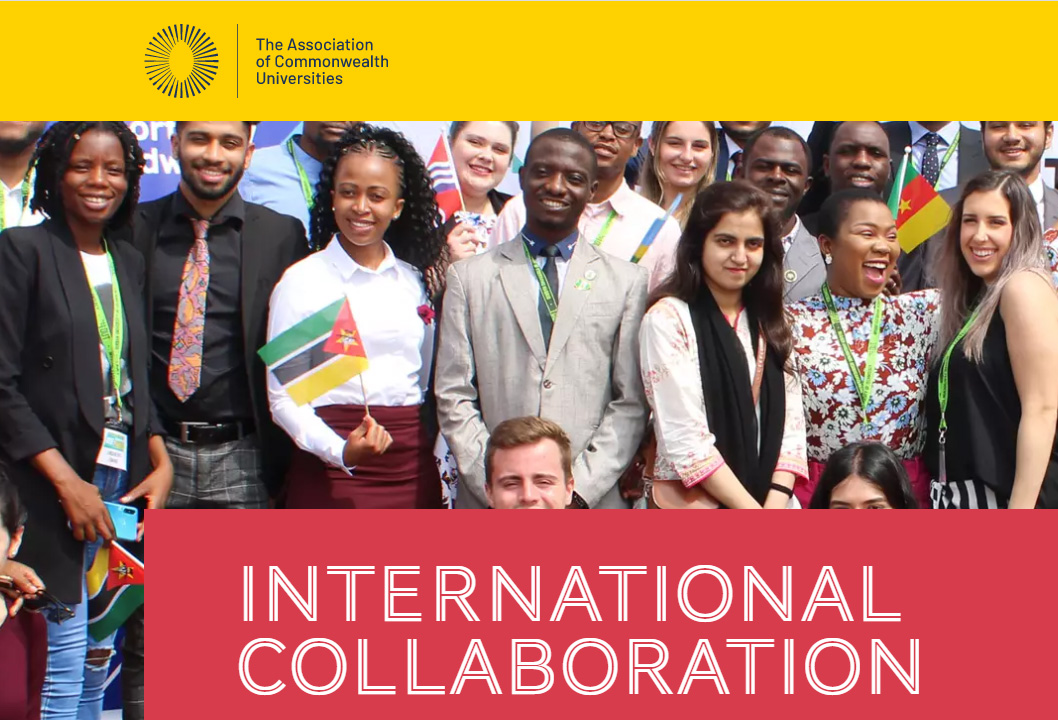 The Association of Commonwealth Universities website promotes international collaboration in higher education.
The Association of Commonwealth Universities website promotes international collaboration in higher education.
[The following is an excerpt from an article in The Round Table: The Commonwealth Journal of International Affairs. Opinions expressed in articles do not reflect the position of the Round Table Editorial Board.]
With the student population studying from home, the digital divide has become even more pronounced. The divide between communities with access to essential electronics, laptops and computers, and those without access and the divide between those with access to broadband and wifi and those without. Joanna Newman commented recently in an article on ‘How Education Might Change for the Better’:
It can open up opportunities for international experiences and learning to those who wouldn’t otherwise be able to access them. But to fully realise the potential, we need to bridge the digital divide in terms of both technology and skills – providing students and staff with the means and skills to access and deliver online learning.
The ACU is ideally set up to deal with the challenges of the pandemic as global collaboration is at the heart of what it does as an organisation. Universities worldwide are speaking about the importance of the blended model of education. The ACU has been an exponent of this model for many years, for example, the Partnership for Enhanced and Blended Learning that has been running for some time in East Africa as a means of universities sharing scarce teaching resources to ensure quality assured and accredited courses through a blended model. A total of 150 academics and 24 institutions have been delivering blended learning sponsored by the UK government and led by the ACU.
The values of universities have been greatly challenged over the course of 2020 and never have the ideals of the ACU been so important in promoting international cooperation, collaboration and innovation. It is time for a creative re-thinking of the future role of universities as they have not only provided medical leadership and hope for a scientific solution to the COVID virus, but also filled a vacuum in supporting local communities and maintaining international connections at a time when some governments have failed.
Surely the COVID-19 pandemic has caused us to pause and rethink the nature of international education and our universities. Newman concludes that the ACU has an important role to play in this crisis:
Universities are looking to develop new ways of online international learning – of advancing cross-cultural understanding and empowering globally aware individuals – and the ACU provides a platform for them to brainstorm and share ideas.
Stewart Gill is the Master of Queen’s College, University of Melbourne, Australia.



